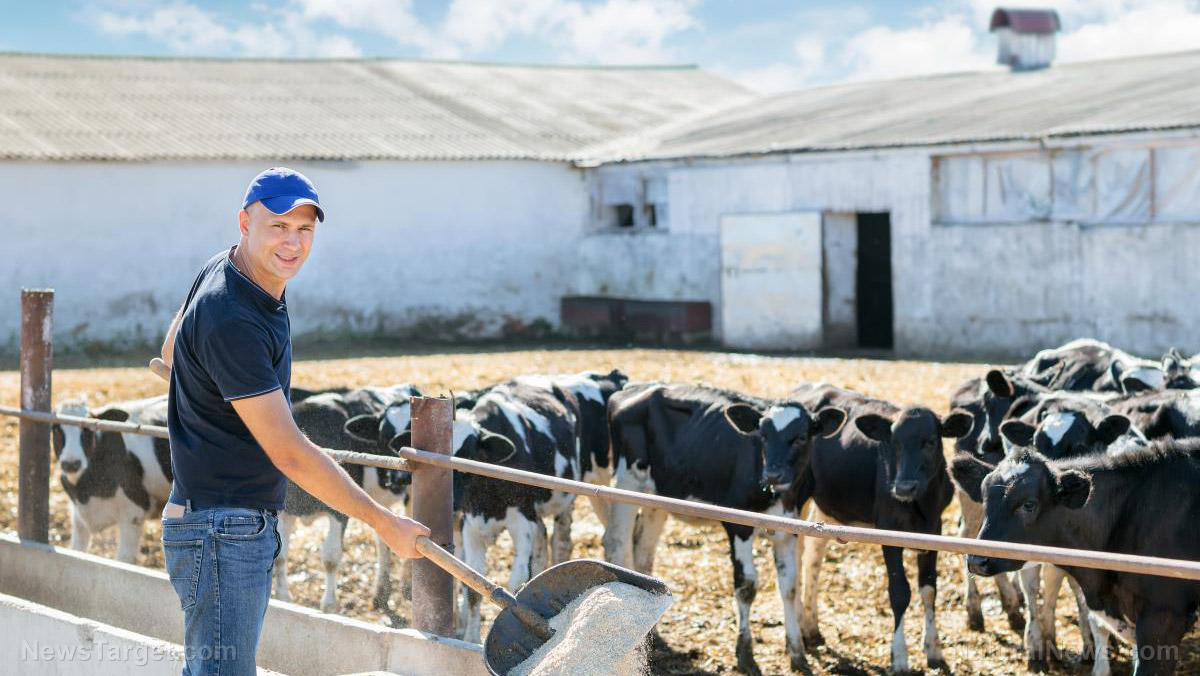The anti-methanogenic activities of 8 of the more popular medicinal plants today
05/31/2019 / By Ralph Flores

A recent study from the journal Animal Production Science suggests using medicinal plant extracts to improve organic matter digestion and reduce methane production. Researchers from the University of Pretoria in South Africa led the study.
- Earlier studies have shown that certain medicinal plants can manipulate the rumen microbial system, which can reduce methane emissions.
- For the study, the researchers used leaf fractions from the following plants:
- Betel (Piper betle)
- Aloe vera (Aloe vera)
- Papaya (Carica papaya)
- Neem (Azadirachta indica)
- Moringa (Moringa oleifera)
- Mexican sunflower (Tithonia diversifolia)
- Purging nut tree (Jatropha curcas)
- In addition, M. oleifera pods were also used.
- Researchers extracted the plant materials with pure methanol. These were then reconstituted at the rate of 25, 50, 75 and 100 mg in 1000 milliliters (mL) of distilled water.
- The extracts were anaerobically incubated with 400 mg of weeping love grass (Eragrostis curvala) in four replicates. The experiment was repeated five times.
- Among the plant samples, betel and aloe vera leaf increased total gas production. Others recorded similar or lesser values to the control group.
- In particular, neem, papaya, purging nut tree, moringa (both leaves and pods), and Mexican sunflower reduced methane volume at dosages of 25 and 50 milligrams per liter (mg/L).
- Researchers posited that this could be due to the samples’ phytochemical activities.
- All extracts had superior digestibility in terms of total volatile fatty acids and in vitro matter digestibility.
In sum, the methane yield per unit of total gas was lower in Mexican sunflower, moringa, and neem extracts.
Learn more about organic farming practices at Harvest.news.
Journal Reference:
Akanmu AM, Hassen A. THE USE OF CERTAIN MEDICINAL PLANT EXTRACTS REDUCED IN VITRO METHANE PRODUCTION WHILE IMPROVING IN VITRO ORGANIC MATTER DIGESTIBILITY. Animal Production Science. 2018;58(5):900. DOI: 10.1071/AN16291
Tagged Under: aloe vera, alternative medicine, betel, environment, green living, hay, herbal medicine, Herbs, medicinal plants, methane, methane reduction, Mexican sunflower, moringa, natural cures, natural medicine, neem, Papaya, plant cures, plant medicine, purging nut tree, research, volatile fatty acids



















